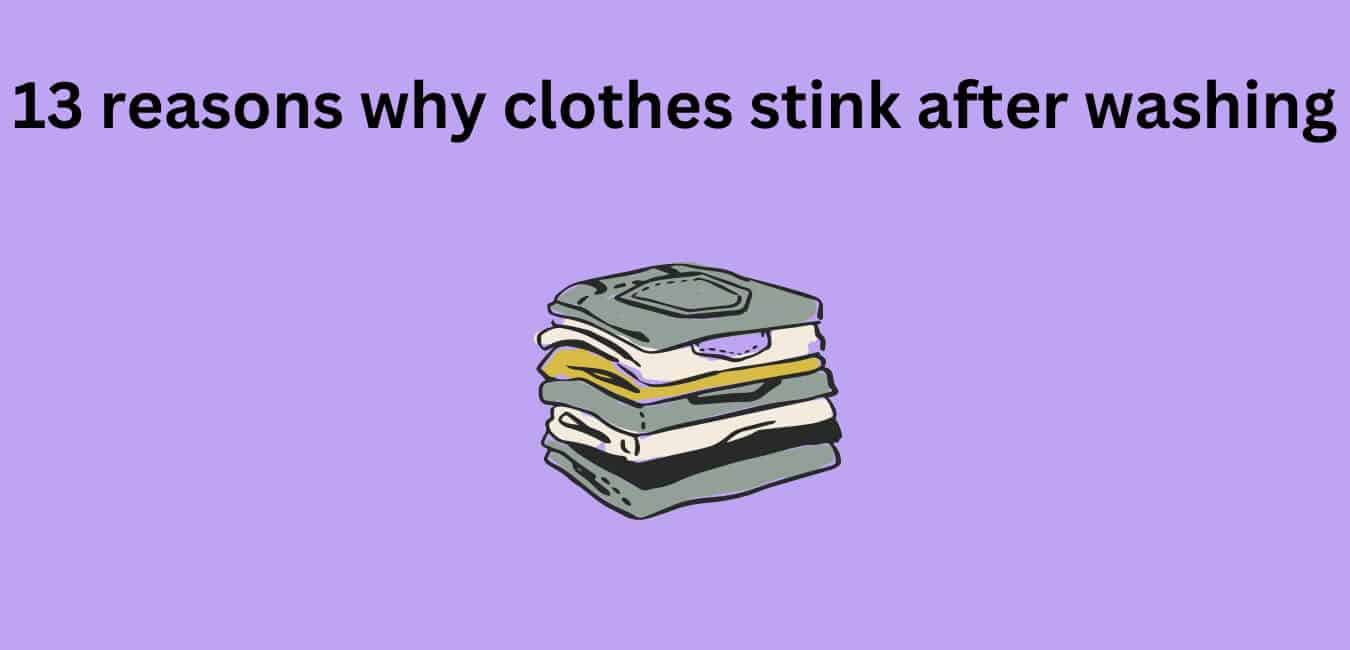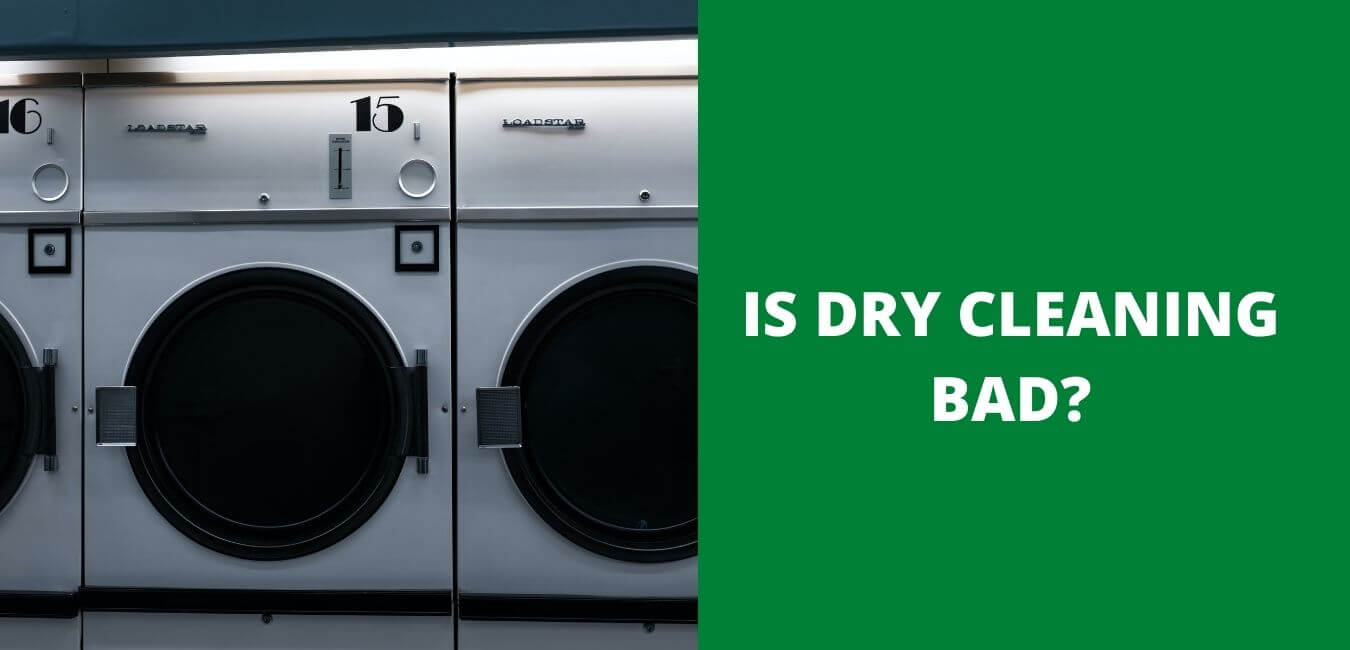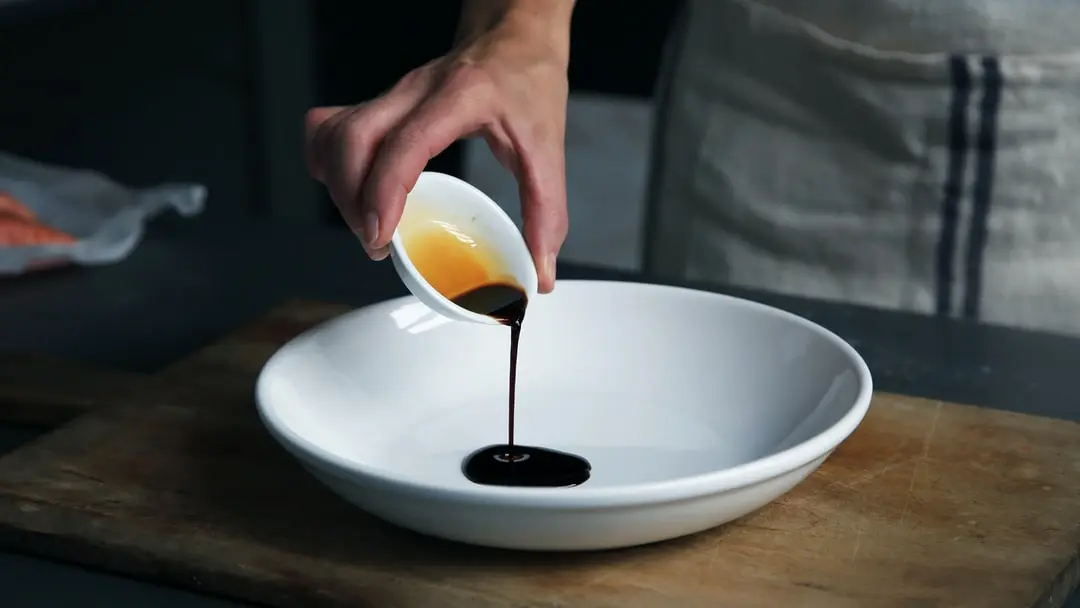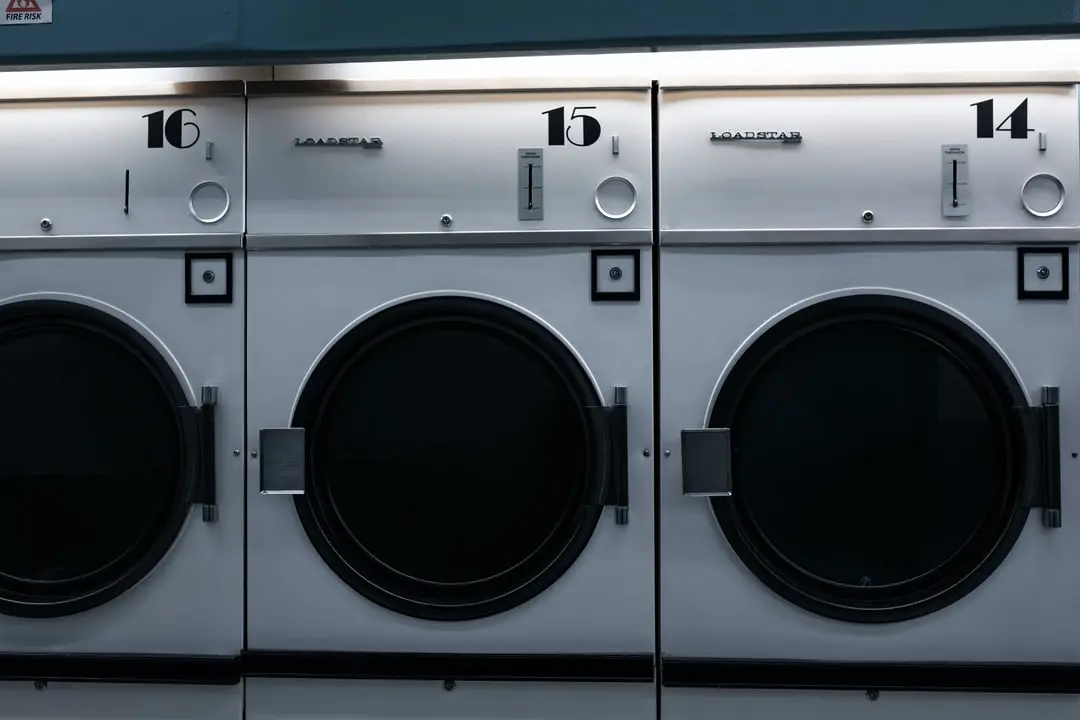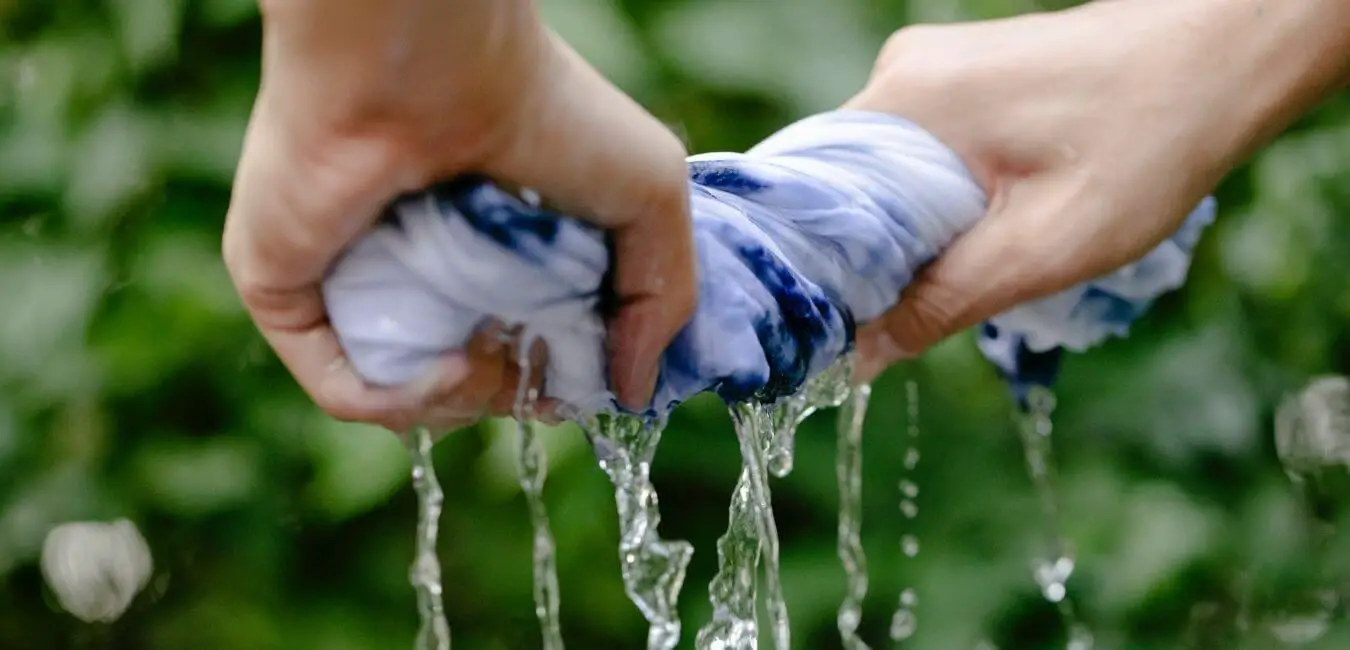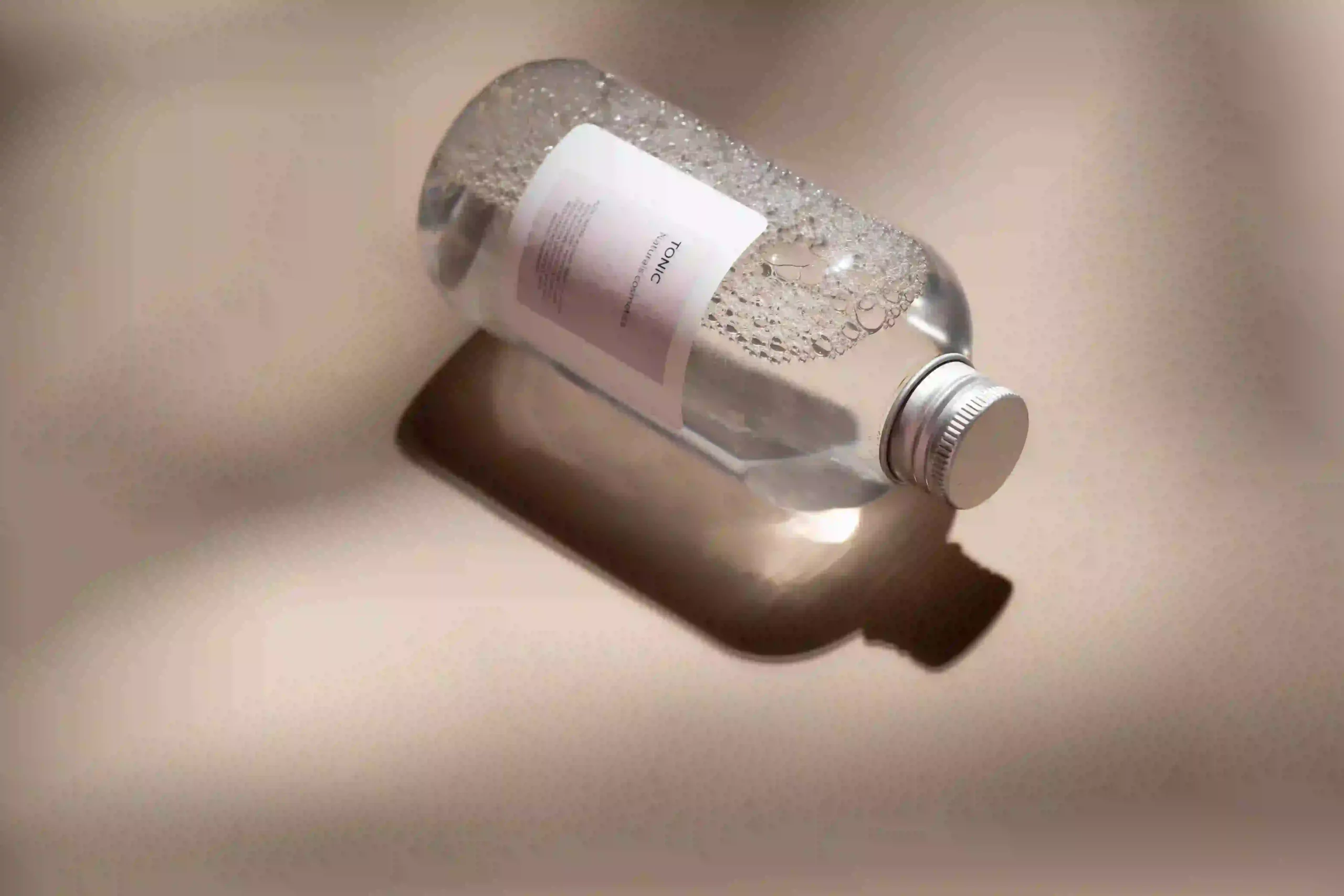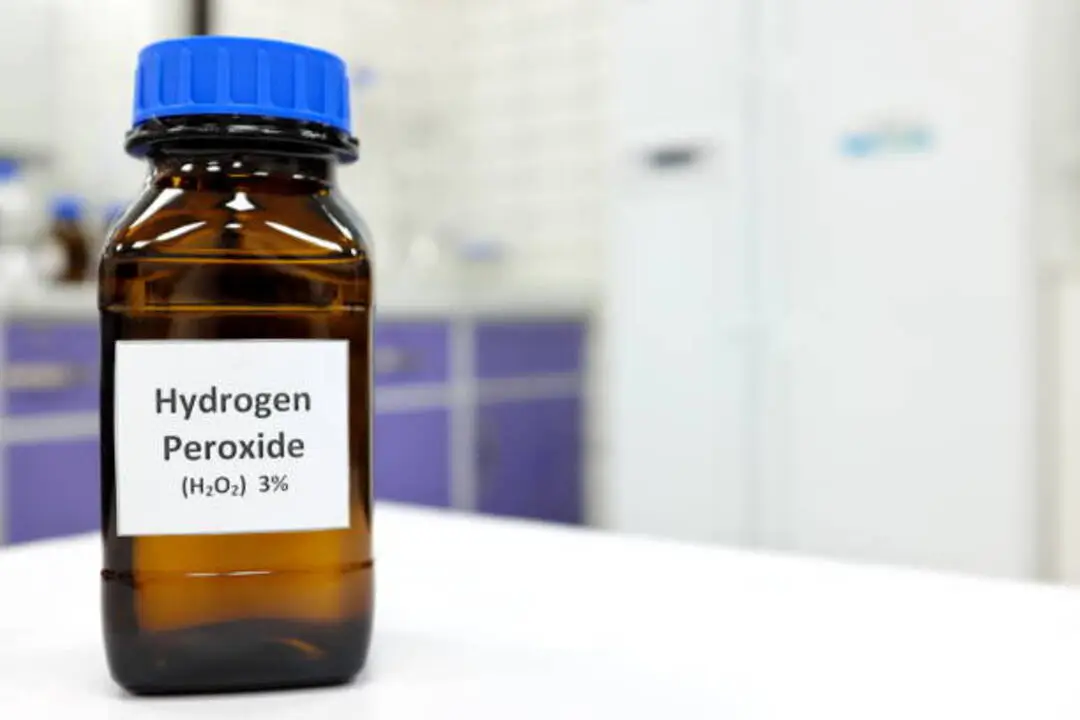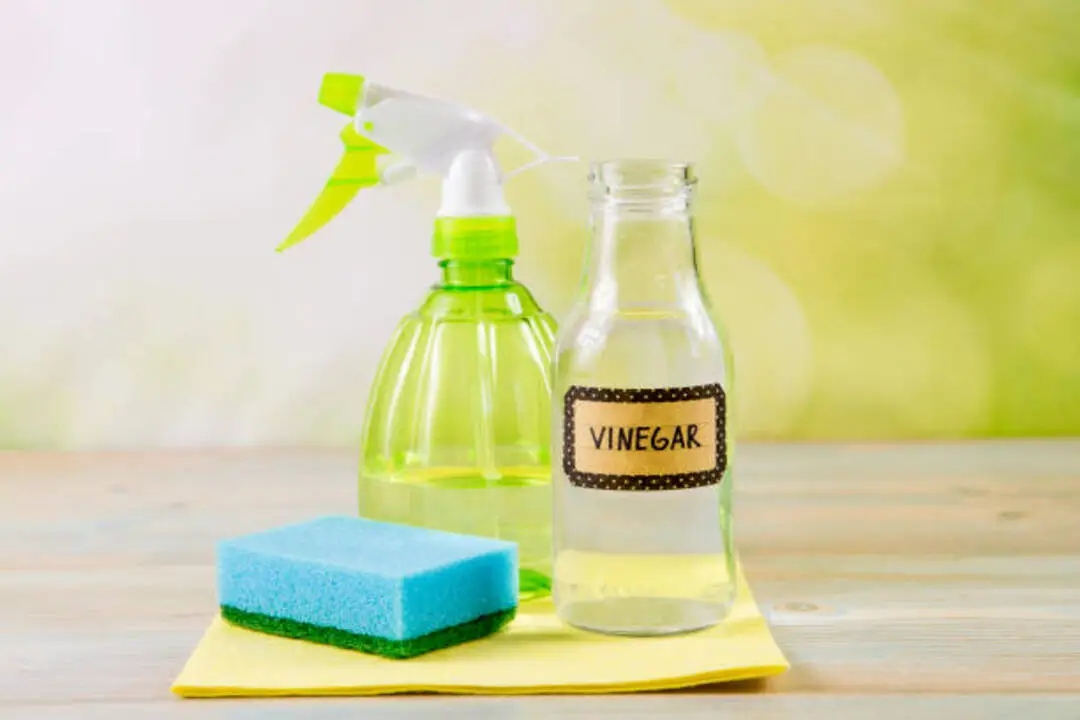Do you often find yourself sniffing your freshly laundered clothes only to be greeted by a pungent, musty odor? Perhaps you thought, “Is it just me, or do these supposedly clean clothes stink?”
Well, take solace in knowing that you’re not alone in this smelly dilemma, and there are valid reasons behind those persistently odiferous garments.
Whether your clothes endure a funky smell or a lingering mildew scent, there could be multiple factors at play.
In this blog post, we dive into the world of laundry odors and uncover 13 reasons why your clothes may still stink despite going through a spin in the washing machine.
Read on, and let’s get to the bottom of this malodorous conundrum together.
Reasons why your clothes stink after washing
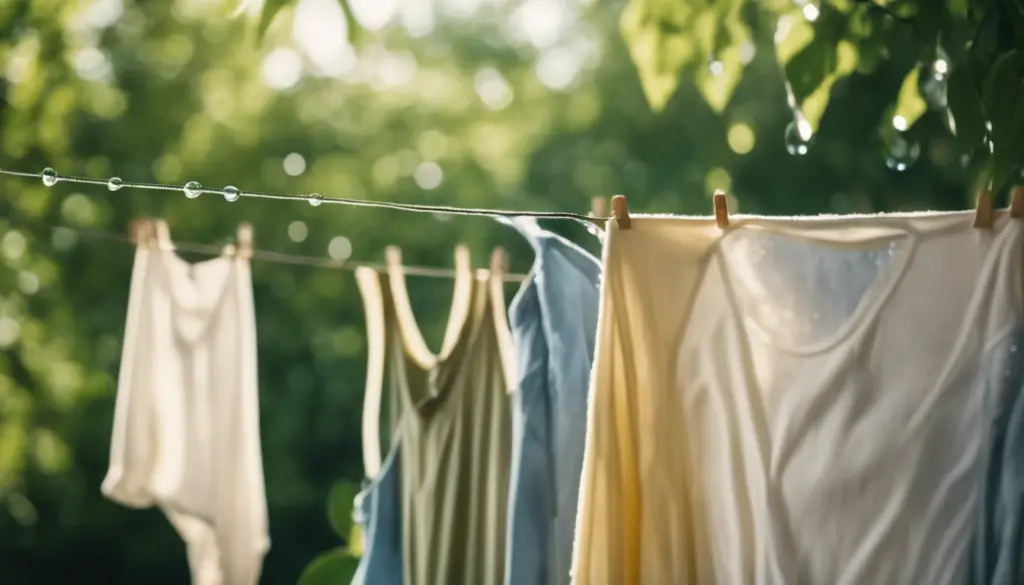
1. Hard water and mineral buildup in washing machines
Hard water is a common issue faced by many households, with around 85% of U.S. homes affected by this problem. Loaded with minerals like calcium and magnesium, hard water can wreak havoc on your washing machine and clothes, leaving them stiff, discolored, and smelly. This mineral buildup interferes with the effectiveness of detergent and can cause a lingering odor on freshly washed clothes.
The chalky residue, also known as scale, prevents detergent from producing suds, which are essential for breaking down and removing dirt, sweat, and skin cells from the fabric. As a result, clothes may still appear dirty, stiff, and uncomfortable to wear. Over time, the scale accumulates within the fibers of your garments, affecting their texture and quality. This can even lead to skin irritations and rashes, making it important to address the issue of hard water as part of your laundry routine.
Fortunately, there are ways to prevent and eliminate the impact of hard water on your washing machine and clothes. Using a low-pH detergent or increasing the amount of detergent can help counteract the effects of hard water, along with washing your laundry in warmer water. To restore the softness and freshness of your clothes, soaking them in a vinegar solution and using baking soda can help neutralize the smell and dissolve the scale. In the long run, investing in a water softener or using laundry additives specifically designed for hard water can save your clothes from damage and ensure a satisfactory wash each time.
2. Using too much detergent
Have you ever opened your washing machine expecting to be greeted by the fresh scent of clean clothes, only to be met with the unpleasant odor of wet dog or mildew? Well, you are not alone. This common laundry mishap can be caused by using too much detergent while washing your clothes. Using excessive amounts of detergent may seem like a great way to ensure that your clothes get squeaky clean, but the truth is, it could do more harm than good.
When too much detergent is used, it can create excessive suds that trap dirt and bacteria in the fabric of your clothing. Instead of being rinsed away, this residue can be left behind, making your clothes smell musty and unclean. Moreover, using too much detergent can also be a waste of money, as it typically does not result in cleaner clothes. In fact, most detergents contain detailed instructions on the right dosage amount for different load sizes and water hardness levels. It’s crucial to follow these instructions to avoid laundry mishaps.
If you have been using too much detergent, don’t fret! There are some easy ways to remedy this issue. Simply adjusting your detergent usage to adhere to the recommended dosages can help prevent unpleasant odors from forming. Additionally, consider investing in a measuring cup for precise detergent measurements or try using pre-measured detergent capsules for added convenience. With these small adjustments, you’ll enjoy fresh, clean, and odor-free laundry after every wash.
3. Using too little detergent
Surprisingly, one of the main reasons that clothes can smell after a wash is because of using too little detergent. It may seem counterintuitive, but using an insufficient amount of detergent means that your clothes aren’t being thoroughly cleaned. The dirt, bacteria, and grime that are left on the clothing after an inadequate wash can result in an unpleasant odor.
In order to avoid this issue, be sure to follow the dosing instructions for your chosen laundry detergent. These guidelines can typically be found on the detergent’s packaging and are based on the size of your load. Keep in mind that if you’re using a machine with a larger capacity or you’re dealing with a particularly dirty load, you may need to adjust the amount of detergent accordingly.
Moreover, using too little detergent can also hinder the efficacy of your washing machine. This could result in the machine not fully agitating the clothes and cleaning them as efficiently as it should. In turn, this can contribute to the development of musty odors on your clothing after washing. To ensure the best results, measure the correct dosage of detergent with a measuring cup, dosing ball, or consider using pre-measured laundry capsules to take the guesswork out of your laundry routine.
4. Not using hot water or high enough temperatures
Many people may experience an unpleasant odor emanating from their clothes even after washing. There may be several reasons for this persistent smell, and understanding the root causes can help in addressing the issue effectively.
One major reason could be that the washing machine itself needs a thorough cleaning. Over time, the washer can accumulate dirt, bacteria, limescale, mold, and other residues that can create an unpleasant odor in the clothes. A regular deep cleaning of the washing machine is necessary to ensure fresh-smelling laundry.
Another reason for clothes to smell could be the use of too much or too little laundry detergent. Overloading the machine with detergent may result in waterlogging and mold growth. On the other hand, using too little detergent will not effectively remove the dirt and odor from the garments. Always follow the dosing instruction on the detergent packaging to maintain the right balance.
Overloading the washing machine with clothes may also lead to the smell, as garments need space to move around and get thoroughly cleaned during the wash cycle. Similarly, leaving washed clothes in the machine for too long can cause them to become stale, resulting in a damp smell. Timing the laundry appropriately, and providing adequate space for clothes to move around during the wash, can help avoid this issue.
Using cold water instead of hot water to wash your clothes may also result in lingering odor. Hot water helps remove bacteria and odor-causing particles effectively. However, it’s essential to check the care label of clothing items for recommended washing temperatures, as not all garments are suitable for hot water washing.
By understanding the reasons behind the lingering smell in washed clothes, effective steps can be taken to eliminate the issue and enjoy the freshness of clean laundry.
5. Not drying clothes properly
One of the major reasons why clothes might smell is due to improper drying. Damp clothes that are not dried completely may develop a musty and unpleasant odor. It is essential to ensure that the drying process is done thoroughly, be it air-drying or using a machine. Leaving damp clothes for prolonged periods before drying can make them prone to smelling bad.
A vital aspect to keep in mind while drying clothes is to provide ample space for air circulation. Overloading the dryer may result in clothes not getting dried completely and eventually smelling bad. Also, ensure that your dryer drum is clean of any residue, dirt or lint which may cause a foul odor in the clothes.
If you are air-drying clothes, it’s crucial to choose a well-ventilated and dry space for hanging, which offers enough space for air to pass through the garments. This will help in the faster drying of clothes and prevent the development of mold or mildew, which can lead to the unpleasant smell.
In some cases, the dryer or washer itself may be faulty, causing the clothes to smell bad even after thorough washing and drying. Regular cleaning and maintenance of your appliances can help keep them odor-free and ensure that your clothes come out fresh and clean.
6. Using fabric softeners or dryer sheets
One common reason clothes may have an unpleasant odor after washing is the use of fabric softeners or dryer sheets. Although they may initially make garments feel soft and smell pleasant, these products can have several negative consequences in the long run. Firstly, the waxy coating from the softeners can build up on fabrics, making them less absorbent over time. This reduces the effectiveness of moisture-wicking properties of athletic wear and the absorbency of towels and bed linens.
Another issue with fabric softeners and dryer sheets is the fragrances they contain. These scents can contribute to indoor air pollution, potentially irritating the respiratory system and causing allergic reactions in sensitive individuals. Additionally, the lack of transparency in ingredient labeling for these products means it is often unclear what chemicals are contained within them. Overusing laundry products containing fragrances and harsh chemicals can also lead to people losing sensitivity to the smells, making it difficult to recognize when laundry is truly clean.
Finally, the use of fabric softeners and dryer sheets can cause yellowing on white clothes and leave residues in the washing machine and dryer, which can then transfer to other garments in subsequent loads. These residues may need multiple wash cycles to be removed completely. It is worth considering alternative options or reducing the use of fabric softeners to maintain the freshness and cleanliness of clothing.
7. Not cleaning washing machine or dryer regularly
One of the most frustrating issues people face during their laundry process is when freshly washed clothes come out smelling less than fresh. While there are several reasons behind this unpleasant outcome, a primary cause is the lack of cleaning and maintenance of washing machines and dryers. Washing machines, especially front-loading ones, tend to accumulate dirt, bacteria, and mold in their rubber seals, detergent dispensers, and filters. This buildup can cause the environment inside the machine to become prime for fostering unpleasant smells, transferring them to the clothes being washed.
To combat this issue, it is crucial to clean the washing machine and dryer regularly. A simple solution of white vinegar or a dedicated washing machine cleaner can be employed for the washing machines. When it comes to dryers, it is essential to clean the lint trap and ensure proper airflow.
By committing to a routine cleaning of both appliances, one can significantly reduce the chances of their clothes carrying unpleasant odors after washing. Not only will this result in fresher-smelling laundry, but it will also help extend the lifespan of the washing machine and dryer themselves, making for a more enjoyable and efficient laundry experience overall.
8. Leaving clothes in the washer or dryer for too long
Sometimes, your clothes may stink even after washing and drying them thoroughly. A common culprit behind this problem is leaving your laundry in the washer or dryer for too long. This prolonged confinement can lead to the growth of mold and mildew which develop in the presence of excess moisture. Forgetting to transfer the clothes from the washing machine to the dryer, or not turning on the dryer immediately after putting damp clothes in can cause extra moisture build-up, and thus, mold growth.
To prevent this from happening, make every effort to transfer your clothes to the dryer as quickly as possible after the washing cycle is complete. Additionally, you can use the ‘delay start’ function on your washing machine to ensure the wash finishes at a more convenient time.
Keeping your washer and dryer clean, especially the lint trap in the dryer, can help reduce the chances of foul odors lingering in your laundry. Moreover, switch to using high-efficiency laundry soap and avoid overloading the washing machine to ensure your clothes come out smelling fresh and clean every time.
9. Washing non-washable items
It can be incredibly frustrating when your freshly washed clothes come out of the laundry with an unpleasant odor. There are several reasons why clothes stink after washing – here are 13 of them:
One factor behind stinky laundry is how clothes are stored before washing. Damp clothing and limited airflow create a breeding ground for bacteria, mildew, and mold, which contribute to lingering odors. Make sure your dirty clothes are dry before tossing them in a basket.
Sometimes, the washing machine itself is the culprit. Built-up detergent or fabric softener residue can encourage bacterial growth, which causes a sour smell. Regularly clean your washing machine according to the manufacturer’s instructions to prevent this issue.
Washing in hot water can help eliminate bacteria and leave clothes smelling fresher. Be sure to check fabric care labels to ensure your clothes can withstand high temperatures.
Using too much detergent or an ineffective brand may also contribute to odors. Excess detergent can be difficult to rinse completely, and buildup can worsen the problem over time. Consider switching to a high-quality detergent with less perfume or making your own to ensure a truly deep clean of your clothing.
Another reason why clothes smell after washing is overloading the machine. Clothes need space to move around to get properly clean, so avoid packing the washer too full. Additionally, leaving clothes in the machine for too long after the cycle has finished can lead to stale odors. Use the delay start function if available to time your wash more conveniently.
Lastly, ensure your clothes are dried properly, as dampness can lead to a musty smell. Hang clothes out to dry whenever possible, or use a dryer in an appropriate setting for the fabric type.
10. Not using enough water during the wash cycle
One common reason why clothes might smell after washing is the insufficient use of water during the wash cycle. When laundry is not properly soaked and rinsed, dirt, bacteria, and detergent residue remain trapped in the fabric, causing unpleasant odors. Inadequate water usage can especially affect workout clothes and synthetic fabrics, as their unique wicking designs tend to trap sweat and skin cells in the fibers.
To remedy this issue, it is crucial to know and utilize the appropriate settings on the washing machine. Ensure that you follow the instructions for loading and maintaining your machine, as well as separating clothes by fabric type and using the correct amount of detergent. Switching to laundry pods or dedicated measuring cups can help in maintaining accurate detergent measurements, thus preventing any lingering smells in your laundry.
Also, be mindful not to overload the washing machine, as this can prevent clothes from being properly agitated and washed, leading to damp and smelly garments. Lastly, be prompt in removing washed laundry from the machine, as leaving them in for too long can cause stale odors. Utilizing the delay-start function on your washing machine can help in ensuring the timely removal of fresh laundry.
11. Washing clothes with bacteria or mildew
The unpleasant odor on clothes after washing can be quite frustrating, especially when we expect them to be fresh and clean. One of the primary reasons for this issue is the presence of bacteria or mildew on the fabrics or even in the washing machine itself. Damp clothing or garments packed together without proper airflow can create perfect conditions for the growth of odor-causing microorganisms.
Our first defense against such malodors starts even before we toss laundry into the machine. It’s essential to ensure that dirty clothes are fully dry before placing them in the laundry basket. Hang damp towels or sweaty clothes in the air to dry before adding them to the pile. This simple step can make a noticeable difference in the freshness of the washed clothes.
Another factor contributing to the musty smell is the washing machine itself. Over time, detergent and fabric softener residues can accumulate inside the appliance. Such buildup can harbor bacteria that cause unpleasant odors. Regular cleaning of the washing machine, following the manufacturer’s guidelines or using vinegar, can help eliminate this problem and pave the pathway to fresher-smelling clothes.
Lastly, make sure to use the appropriate amount of detergent and avoid overloading the machine. Overusing laundry soap can lead to residues being trapped in the fabric, while overcrowding the washer reduces its efficiency in cleaning the garments. By addressing these factors, you’ll soon be able to enjoy clean, fresh laundry every time.
12. Not pre-treating stains before washing
One common reason for clothes ending up with a foul odor even after being washed is not pre-treating stains before putting them in the washing machine. Stains such as sweat, mildew, and bacteria can cause unpleasant smells if they are not treated properly prior to washing your clothes. Pre-treating stains can significantly reduce the risk of odors lingering on your garments after they have been washed.
Before you wash your clothes, take a moment to inspect each item for stains. If you find any, gently rub a liquid detergent or pre-treatment solution onto the stained area and leave it to work for a few minutes before adding it to the wash. You can also soak heavily stained items for a short period before washing to help break down the stain. This simple pre-washing routine will help ensure that your clothes come out of the wash smelling clean and fresh. Moreover, it can save you a significant amount of time by preventing you from needing to rewash your clothes due to persistent odors.
13. Using old or expired laundry products
There are a variety of reasons why clothes may stink even after being washed. One common issue is using old or expired laundry products. Like any other household item, laundry detergents and fabric softeners have a shelf life. Over time, their effectiveness decreases, and they may even develop an unpleasant odor.
When you use older laundry products, they may not clean your clothes properly, leading to lingering smells. This is because the active ingredients in the detergent or fabric softener have become less potent, making them unable to break down and remove the dirt and bacteria that cause bad odors. Additionally, the expired laundry products themselves may have developed an unpleasant smell, which can transfer onto your clothing during the washing and drying process.
To avoid this issue, make sure to check the expiration dates on your laundry products regularly and replace them as needed. If you’re unsure whether a product is still good, do a quick sniff test – if it smells off, it’s time to get a new one. Using fresh, effective laundry products will ensure your clothes come out of the wash smelling clean and fresh.
Tips for preventing clothes from smelling bad after washing
1. Use the right amount of detergent,
Using the right amount of detergent is crucial to preventing clothes from smelling bad after washing. Too much detergent can leave residue on clothes, which can lead to a musty or sour odor. On the other hand, using too little detergent may not effectively remove dirt and sweat from clothing, leading to lingering odors.
To determine the appropriate amount of detergent to use, read the label instructions carefully. Most detergents will have specific guidelines based on load size and soil level. It’s also important to consider water hardness and adjust detergent usage accordingly.
Additionally, using a high-quality detergent can make a significant difference in preventing unpleasant odors. Look for detergents that are specifically formulated for removing tough stains and eliminating odors. With these tips in mind, you can ensure that your clothes come out of the wash smelling fresh and clean every time.
2. Avoid overloading the washing machine,
One of the most common mistakes people make when washing clothes is overloading the washing machine. When you overload your washer, it can cause a buildup of dirt, grime, and mildew that can leave your clothes smelling bad. Plus, it can also damage your machine over time and reduce its lifespan.
To avoid overloading your machine, always follow the manufacturer’s recommendations for load size. Typically, this means filling the drum about two-thirds full with clothes and leaving enough space for water to circulate freely. If you’re not sure how much laundry to add to each load, try weighing a few items on a scale before starting the cycle.
Another tip is to sort your laundry by color and fabric type before loading it into the washer. This will help ensure that each load gets cleaned properly without any damage or discoloration. Lastly, consider using scent boosters or fabric softeners in moderation, as they can contribute to build-up in the machine if used excessively. By following these tips, you’ll be able to prevent bad smells from clinging to your freshly washed clothes.
3. Clean the washing machine regularly,
Cleaning your washing machine regularly is essential to preventing clothes from smelling bad after washing. A dirty washing machine can harbor bacteria, mold, and mildew that transfer onto your clothes during the wash cycle. To clean your washing machine, start by running a hot water cycle with no clothes in the drum. Add 2 cups of white vinegar or 1 cup of bleach to the water and let it run through a full cycle.
After the initial cleaning cycle, wipe down the inside of the drum, door seal, detergent dispenser, and filter with a damp cloth soaked in soapy water. This will remove any remaining dirt or grime that has accumulated over time. Finally, run another hot water cycle without any cleaning agents to rinse away all traces of vinegar or bleach.
Regularly cleaning your washing machine not only prevents unpleasant odors but also extends its lifespan and ensures it continues running efficiently for years to come. Aim to clean your machine every two months if you use it regularly or more often if you have hard water or frequently wash heavily soiled items.
4. Use fabric softener or dryer sheets,
Using fabric softener or dryer sheets is a popular solution to prevent clothes from smelling bad after washing. The main function of these products is to soften the fabric and leave a pleasant scent while reducing static cling in the dryer. Fabric softeners are usually added during the rinse cycle of the washing machine, while dryer sheets are placed directly in the dryer with the laundry.
While fabric softeners and dryer sheets can be effective in keeping clothes fresh, it’s important to use them correctly. Overuse may result in buildup on clothing fibers, which can cause skin irritation or reduce absorbency in towels. It’s also recommended to avoid using them on some types of fabrics, such as athletic wear or microfiber, as they can affect their moisture-wicking properties.
Additionally, some people prefer natural alternatives, such as vinegar or baking soda, instead of commercial products. A cup of white vinegar added to the rinse cycle can help remove odors and soften clothes without leaving any residue. Baking soda can also be added directly into the washing machine along with detergent for an extra boost of freshness. Ultimately, finding what works best for your laundry routine will help keep clothes smelling clean and fresh after every wash.
5. Air out damp clothes,
One of the main reasons why clothes smell bad after being washed is due to dampness. When clothes are not dried properly, they tend to collect moisture which can lead to the growth of bacteria and mildew. To prevent this from happening, it’s important to air out damp clothes before storing them away.
When airing out damp clothes, it’s best to hang them in a well-ventilated area such as outside on a clothesline or indoors near an open window. Avoid hanging them in areas with high humidity or in direct sunlight as this can cause damage to the fabric. If you’re short on space, consider investing in a drying rack or using hangers to hang up your clothing.
Another helpful tip for airing out damp clothes is adding some essential oils or vinegar into the wash cycle. Essential oils have natural antibacterial properties that help eliminate odor-causing bacteria, while vinegar can help remove any leftover residue and freshen up your clothing. With these simple tips, you’ll be able to keep your laundry smelling fresh and clean every time.
6. Use fragrance-free detergents,
Using fragrance-free detergents is one way to prevent clothes from smelling bad after washing. Fragrances in detergent can cause skin irritation and allergies, and they also tend to linger on clothes, masking any unpleasant odors that may still be present. By using a fragrance-free detergent, you can ensure that your clothes are truly clean without any added artificial scents.
Another benefit of using fragrance-free detergents is that they are often gentler on fabrics than their scented counterparts. The harsh chemicals used to create fragrances can weaken fibers over time, leading to premature wear and tear on your favorite clothes. With a gentle, fragrance-free detergent, you can help prolong the life of your clothing while keeping them fresh and clean.
When choosing a fragrance-free laundry detergent, it’s important to look for products that are specifically labeled as such. Some “natural” or “organic” brands may still contain essential oils or other natural ingredients that could potentially cause allergic reactions or leave behind unwanted scents. By carefully reading labels and selecting a true fragrance-free option, you can keep your clothes smelling fresh without exposing yourself or others to unnecessary chemicals.
7. Add vinegar during the rinse cycle,
One simple trick to prevent clothes from smelling bad after washing is adding vinegar during the rinse cycle. The acidity of vinegar helps to break down any detergent or fabric softener residue that may be causing the odor. Additionally, vinegar has natural deodorizing properties that can neutralize any lingering smells on the clothing.
To use this method, simply add one cup of white vinegar to the fabric softener dispenser or directly into the washer drum during the rinse cycle. It’s best to use white vinegar as it won’t leave any stains or discoloration on your clothing. You can also add a few drops of essential oils like lavender or tea tree oil for a pleasant scent boost.
Adding vinegar during the rinse cycle not only prevents clothes from smelling bad but also helps to prolong their lifespan by removing buildup and keeping them fresh and clean. Give this simple solution a try next time you do laundry and say goodbye to musty-smelling clothes.
8. Use high-quality detergent.
Using high-quality detergent is crucial in preventing clothes from smelling bad after washing. Cheap detergents often contain harsh chemicals that can damage and discolor fabrics, leaving them with an unpleasant odor. High-quality detergents, on the other hand, are formulated to effectively remove dirt and bacteria while also protecting the fabric’s color and texture.
When choosing a detergent, look for one that is specifically designed for your type of fabric. For example, if you have delicate fabrics such as silk or wool, choose a detergent that is gentle and pH-balanced. Additionally, consider using detergents with natural ingredients such as essential oils or plant-based enzymes which not only leave clothes smelling fresh but also provide antibacterial properties.
In addition to using high-quality detergent, it’s important to follow the manufacturer’s instructions for dosage and washing temperature. Using too much or too little detergent can result in clothes not being properly cleaned and causing a buildup of bacteria leading to unpleasant odors. By following these tips and investing in high-quality detergents, you can keep your clothes smelling fresh even after multiple washes.
Conclusion
It is essential to maintain proper washing habits to prevent clothes from smelling bad after washing. Key factors to consider include cleaning the washing machine regularly, using the correct amount of detergent, not overloading the machine, and promptly removing washed clothes from the drum. Moreover, it’s crucial to make sure clothes are dried properly, as lingering dampness can contribute to unpleasant odors. Being mindful of the different types of fabrics and respecting care instructions can also help to ensure a more efficient and odor-free washing routine.
By paying attention to these aspects, individuals can enjoy fresh-smelling laundry and extend the life of their washing machines. Additionally, maintaining a clean and properly functioning washing machine can save on repair costs in the long run. Overall, adopting these simple habits will not only result in more pleasant clothing but also create a more satisfying laundry experience.
